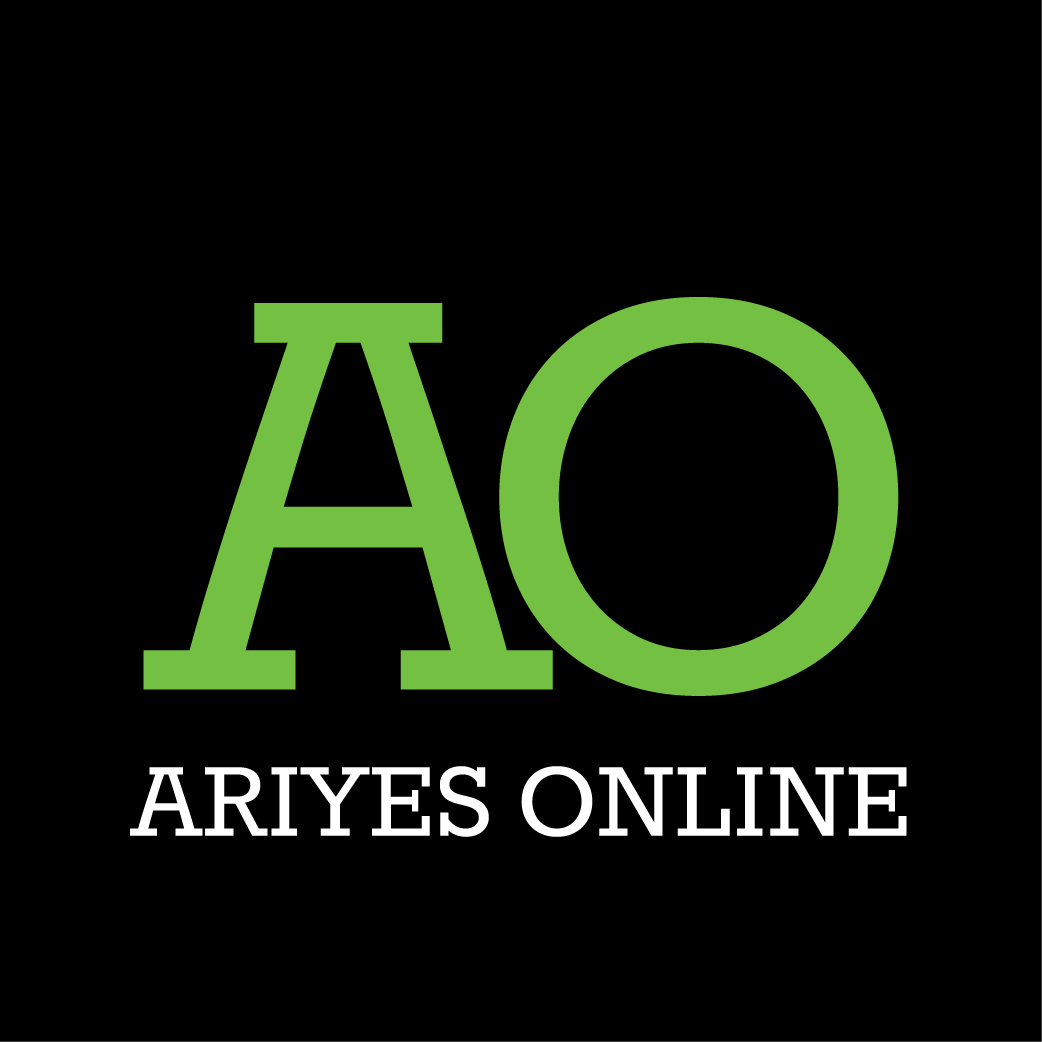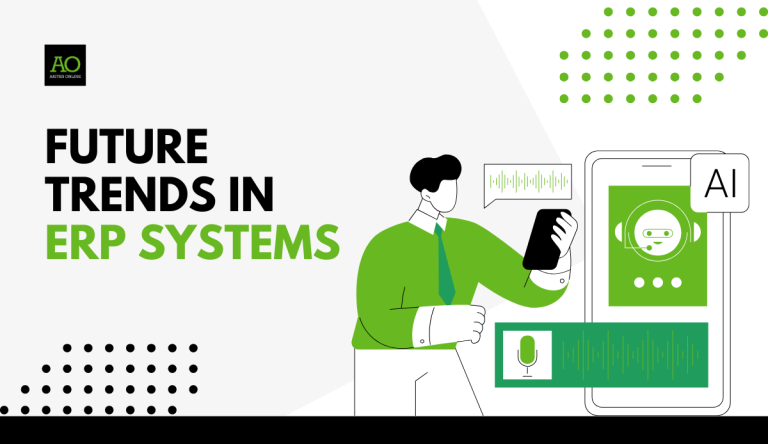ERP for Small Business: What You Need for 2025 and Beyond
What Exactly is an ERP System?
A Quick Trip Down ERP Memory Lane
- 1960s (The MRP Era) – Material Requirements Planning (MRP) began as a basic tool to manage inventory, production, and deliveries—saving manufacturers from manual chaos.
- 1970s-1980s (Enter MRP II) – Manufacturers wanted more, and MRP evolved into Manufacturing Resource Planning (MRP II), adding scheduling and enhanced production features.
- 1990s-2010s (ERP Takes Shape) – ERP emerged as a versatile tool, expanding beyond manufacturing into sales, accounting, and CRM. Integration became the keyword, changing business forever.
- 2020s-Present (The AI & IoT Age) – Today’s ERP systems boast AI-driven analytics, IoT connectivity, and machine learning—automating routine tasks, forecasting trends, and offering game-changing insights.
Types of ERP for Small Businesses
1. On-premise ERP
Cons: Costly maintenance; you handle all upgrades and troubleshooting.
2. Cloud-based ERP Software
Pros: Flexible, scalable, and easy maintenance (thanks to your ERP vendor handling the heavy lifting).
Cons: Limited direct control; dependent on vendor contracts.
3. Hybrid ERP (the best of both worlds)
Pros: Flexibility to integrate legacy and cloud systems; ideal for businesses with unique regulatory requirements.
Cons: Partial reliance on vendors, potential limitations on customization.
ERP Superpowers for Small Businesses
Wondering if ERP software is worth it? Here are just a few powerful benefits:
1. Exceptional Customer Service
ERP’s built-in CRM ensures every customer interaction is seamless, automatic, and impressive—no more manual follow-ups or overlooked leads.
2. Clean, Centralized Data
3. Smarter Forecasting & Decisions
4. Effortless Scalability
5. Tailor-made Solutions
Modern ERPs are customizable even after deployment, evolving alongside your business and industry trends. Need special features? No problem—just ask.
6. Mobility Matters
FAQs to Satisfy Your ERP Curiosity
Q: What exactly is an ERP system?
A: Think of it as your digital business manager—coordinating resources and processes in real-time, without the manual headaches.
Q: What ERP features do small businesses typically need?
A: Most ERP software includes sales, inventory management, accounting, CRM, HR, and much more, depending on your specific business needs.
A: Yes. Like any major transition, implementation and customization can be tricky. Selecting an ERP provider aligned with current technology trends and your specific needs can mitigate these issues significantly.
Final Thoughts
ERP for small businesses isn’t optional—it’s essential for SMBs aspiring to compete at enterprise levels. Streamlining processes, automating tasks, and offering strategic insights, ERP is your partner in achieving sustainable growth and success.
At Ariyes Online, we understand small business ERP needs because we’ve walked that path ourselves. Our expert team provides the best ERP solutions, transparent consultations, and dedicated support from start to finish. Ready to elevate your business with ERP software? Contact Ariyes Online today—and let’s turn your business dreams into reality.



